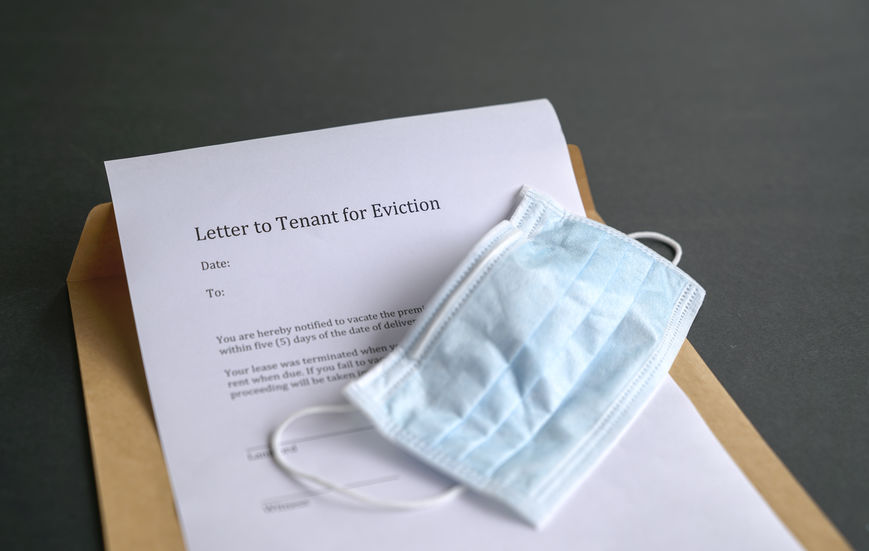During these trying times due to COVID-19, many Miami residents have been out of work for months, making it nearly impossible to keep up with rent payments. Many of these Miami residents are being evicted. In some cases, these tenants have reached the end of their lease or do not have a written lease. The lack of a written lease may give the landlord the impression they can evict the tenant whenever they want, but Florida law states differently.
What is a Tenancy at Will?
Under Florida law, if there is no written lease or if a lease has expired the tenancy is deemed to be a tenancy at will. The term of a tenancy at will is determined by the periods at which the rent is payable. If the rent is payable weekly, then the tenancy shall be from week to week; if payable monthly, then from month to month; if payable quarterly, then from quarter to quarter; if payable yearly, then from year to year.
Terminating the Tenancy
A tenancy at will can be terminated at any time by either the landlord or the tenant by giving written notice. Written notice must be given in advance depending on the term of the tenancy. When the tenancy is year to year, there must be written notice no less than 3 months prior to the end of any annual period. When the tenancy is quarter to quarter, there must be written notice no less than 45 days prior to the end of any quarter. When the tenancy is month to month, there must be written notice given no less than 15 days before the end of the monthly period. When the tenancy is from week to week, notice must be given no less than 7 days prior to the end of any weekly period.
Tenant Defenses
Under certain circumstances, a tenant may be able to defend against an eviction. One of the benefits of fighting an eviction is extending the time the eviction lawsuit and the tenant may be able to stay at the residence until the suit is over. It is imperative at this point to seek an attorney to advise the tenant of possible defenses and the possible outcomes of the case. Some of the first valid defenses to look into is the landlord’s procedural mistakes during the eviction. A landlord may have not given proper written notice or may have not adhered to the time requirements that are set forth in the Florida Statutes.
By the same token, it would be wise of a landlord to seek an attorney to initiate the eviction procedure and ensure there are no procedural mistakes. Seeking legal counsel early on would minimize the risk of litigation would may be costly for the landlord and his business. The Florida rules and procedures for eviction are put in place to ensure the tenant is given adequate notice so that the tenant has enough time to find a new place. Therefore, it is imperative the landlord follows the correct rules and procedure.


